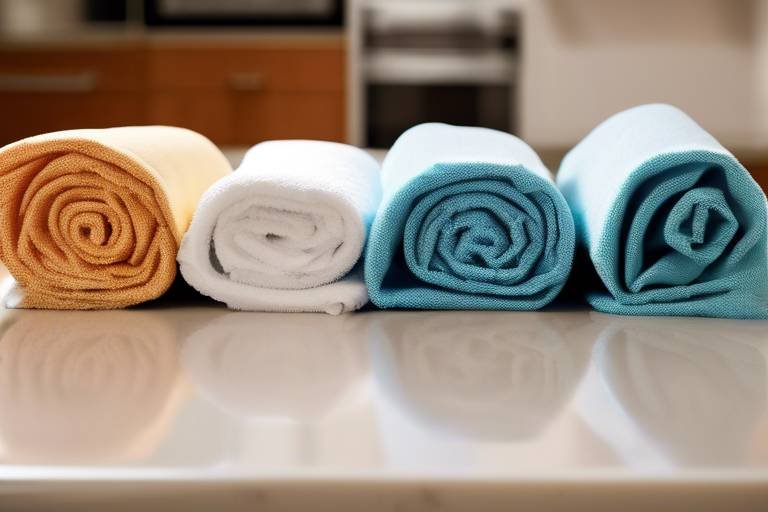10 Ways to Reduce Energy Waste at Home
Are you tired of seeing your energy bills skyrocket every month? Looking for ways to reduce energy waste and save money on utilities? Well, you're in luck! In this article, we will explore 10 effective strategies to make your home more energy-efficient, helping you cut down on energy waste and lower your overall costs.
First and foremost, one of the most impactful ways to reduce energy waste at home is by upgrading to energy-efficient appliances. Investing in appliances with high energy star ratings can significantly decrease your electricity consumption, ultimately saving you money in the long run.
Another crucial step in minimizing energy waste is to seal air leaks throughout your home. By caulking windows, doors, and other openings, you can prevent heat loss and reduce the need for excessive heating, leading to substantial savings on your heating bills.
For those looking to take energy efficiency to the next level, consider installing programmable thermostats. These innovative devices allow you to set and forget, automatically adjusting temperatures to conserve energy when you're away or asleep, without sacrificing comfort.
When it comes to lighting, make the switch to LED lights. By replacing traditional incandescent bulbs with energy-efficient LEDs, you can significantly lower your electricity usage and costs, all while enjoying the same level of brightness in your home.
One common source of energy waste in households is standby power consumption from electronics. Remember to unplug devices when not in use and turn them off completely to eliminate unnecessary energy drain, helping you save on your electricity bill.
Proper insulation is key to maintaining a comfortable indoor temperature without overworking your heating and cooling systems. By insulating your home effectively, you can reduce energy waste and create a more energy-efficient living environment.
For those looking to harness renewable energy sources, consider installing solar panels. By utilizing the power of the sun to generate clean energy, you can reduce your reliance on the grid and lower your carbon footprint while saving on electricity costs.
Additionally, a simple yet effective way to save energy is by reducing your water heater temperature. Lowering the temperature setting on your water heater can help you save energy without compromising on comfort, making it a win-win for both your wallet and the environment.
By implementing these 10 ways to reduce energy waste at home, you can make a significant impact on your energy consumption, lower your utility bills, and contribute to a more sustainable future. So, why wait? Start making your home more energy-efficient today!
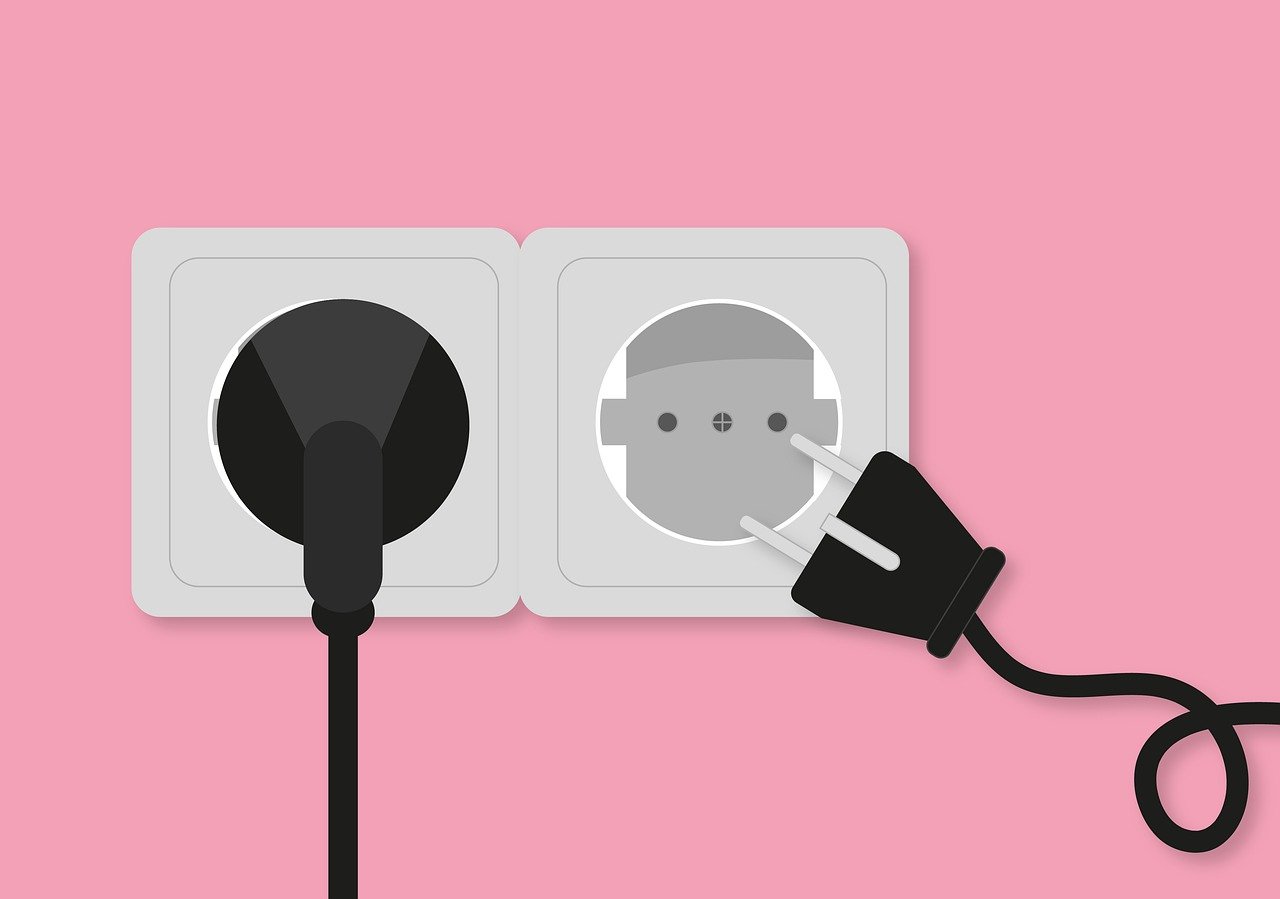
Upgrade to Energy-Efficient Appliances
When it comes to reducing energy waste at home, one of the most effective steps you can take is to . By investing in appliances with high energy star ratings, you can significantly decrease your electricity consumption and lower your utility bills over time. These modern appliances are designed to operate more efficiently, using less energy while still providing the same level of performance.
Switching to energy-efficient appliances not only benefits your wallet but also the environment. By reducing your energy usage, you are decreasing your carbon footprint and helping to combat climate change. It's a win-win situation where you can save money and contribute to a more sustainable future.
When shopping for new appliances, look for the Energy Star label, which indicates that the product meets strict energy efficiency guidelines set by the Environmental Protection Agency. These appliances are designed to consume less energy during operation, which can lead to significant savings on your electricity bills over time.
Additionally, upgrading to energy-efficient appliances can enhance the overall functionality and convenience of your home. Many modern appliances come with advanced features such as programmable settings, smart technology integration, and improved performance capabilities. These added benefits not only make your daily tasks easier but also increase the value of your home.
By making the switch to energy-efficient appliances, you are taking a proactive step towards a more sustainable lifestyle. Your decision to upgrade not only benefits you in the long run but also has a positive impact on the environment. So, why not make the switch today and start enjoying the benefits of energy efficiency?
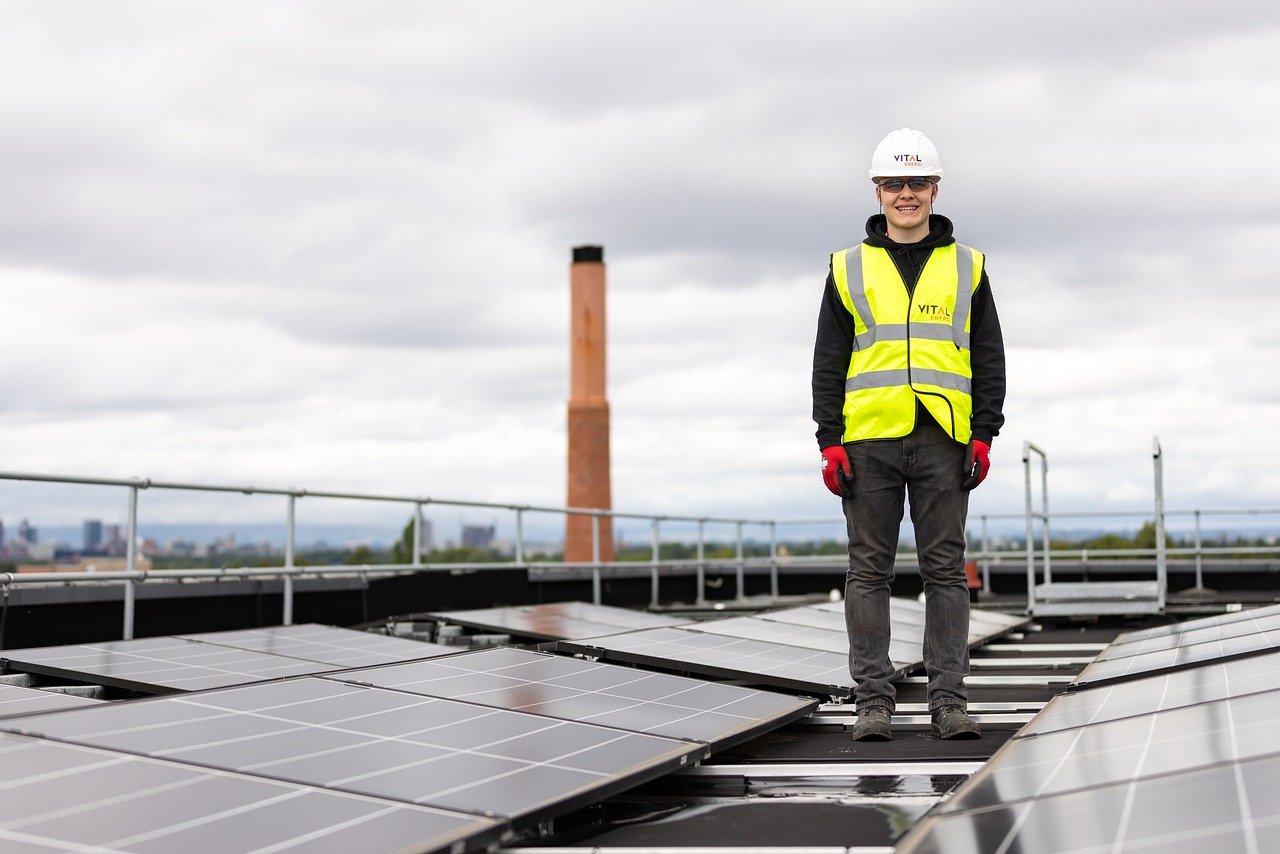
Seal Air Leaks
Learn how to make your home more energy-efficient with these simple tips and tricks.
When it comes to reducing energy waste at home, one of the most crucial steps is to seal air leaks effectively. Air leaks in your home can lead to significant heat loss during the winter and cool air loss during the summer, causing your heating and cooling systems to work harder and consume more energy.
By caulking windows, doors, and other openings, you can prevent air leakage and improve the overall energy efficiency of your home. This simple and cost-effective solution not only helps in maintaining a comfortable indoor temperature but also saves you money on heating and cooling costs in the long run.
Additionally, consider installing weather stripping around doors and windows to further enhance the sealing of air leaks. Properly sealing these areas can make a noticeable difference in the energy consumption of your home, leading to both environmental and financial benefits.
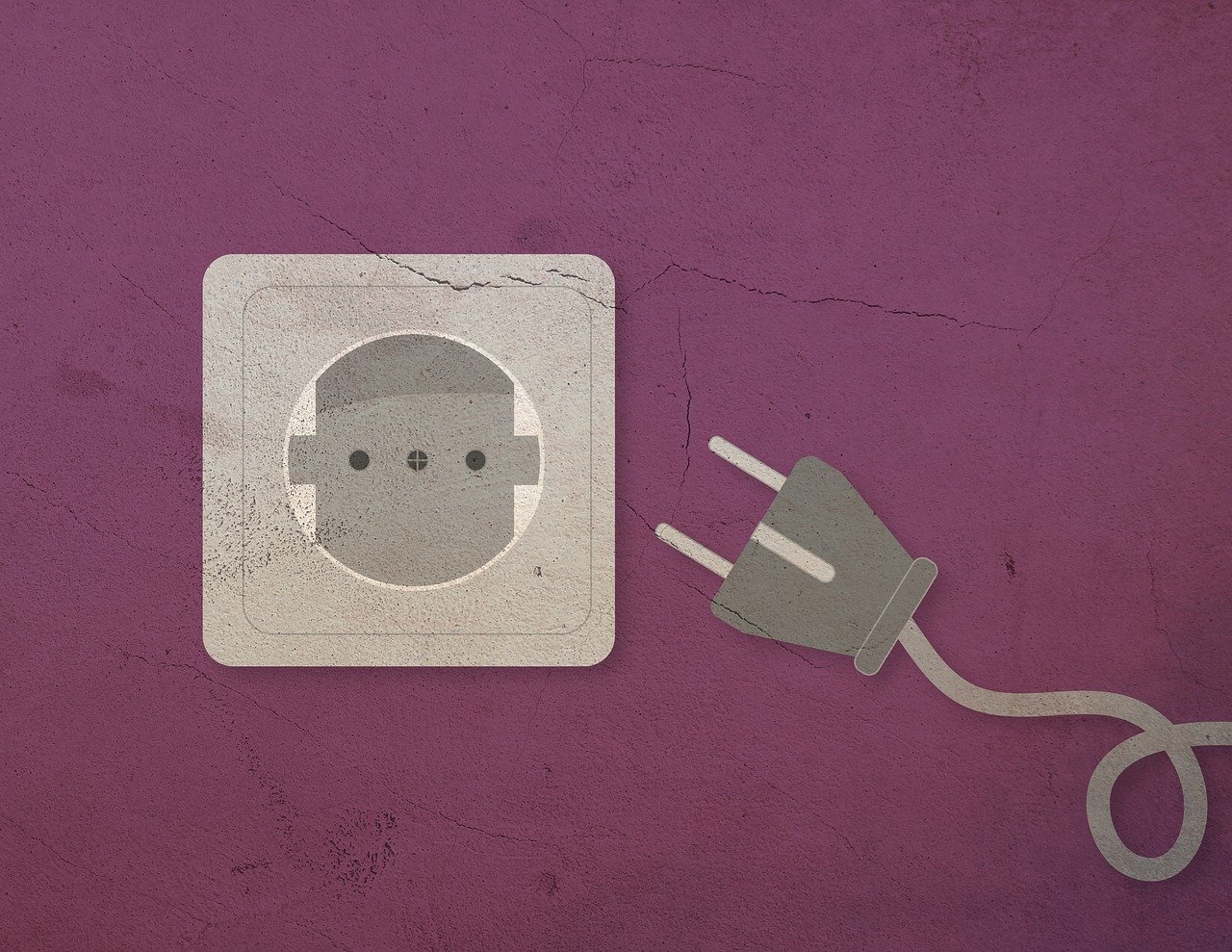
Use Programmable Thermostats
Are you tired of high energy bills draining your wallet? Looking for ways to make your home more energy-efficient without sacrificing comfort? Look no further! By implementing these simple yet effective tips and tricks, you can reduce energy waste at home and save money while helping the environment.
Invest in appliances with high energy star ratings to reduce electricity consumption. By upgrading to energy-efficient models, you can significantly lower your energy usage and decrease your monthly utility bills.
Don't let precious heat escape through cracks and gaps in your home. Caulk windows, doors, and other openings to prevent heat loss and save on heating costs. By sealing air leaks, you can keep your home cozy and warm without overworking your heating system.
Why waste energy heating or cooling your home when no one is there? With programmable thermostats, you can set your desired temperatures and schedule adjustments throughout the day. This smart technology allows you to save energy when you're away or asleep, without sacrificing comfort when you're home.
Say goodbye to energy-guzzling incandescent bulbs and hello to energy-efficient LED lights. By making the switch, you can lower your electricity usage and costs while enjoying bright and long-lasting lighting in your home. LED bulbs not only save energy but also last much longer, reducing the frequency of replacements.
Did you know that even when turned off, electronics continue to draw power in standby mode? Save energy by turning off and unplugging devices when not in use. By eliminating standby power consumption, you can prevent unnecessary energy waste and reduce your electricity bill.
Proper insulation is key to maintaining a comfortable temperature indoors and reducing the need for constant heating and cooling. By insulating your home effectively, you can keep the heat in during winter and the cool air in during summer, resulting in lower energy usage and increased comfort for you and your family.
Ready to harness the power of the sun and generate clean energy right at home? Installing solar panels is a great way to reduce your reliance on the grid and lower your carbon footprint. By utilizing solar energy, you can not only save money in the long run but also contribute to a more sustainable future.
Lowering the temperature setting on your water heater can save energy without compromising your comfort. Most households have their water heaters set higher than necessary, leading to unnecessary energy consumption. By adjusting the temperature to a comfortable yet efficient level, you can reduce energy waste and enjoy hot water while saving money.
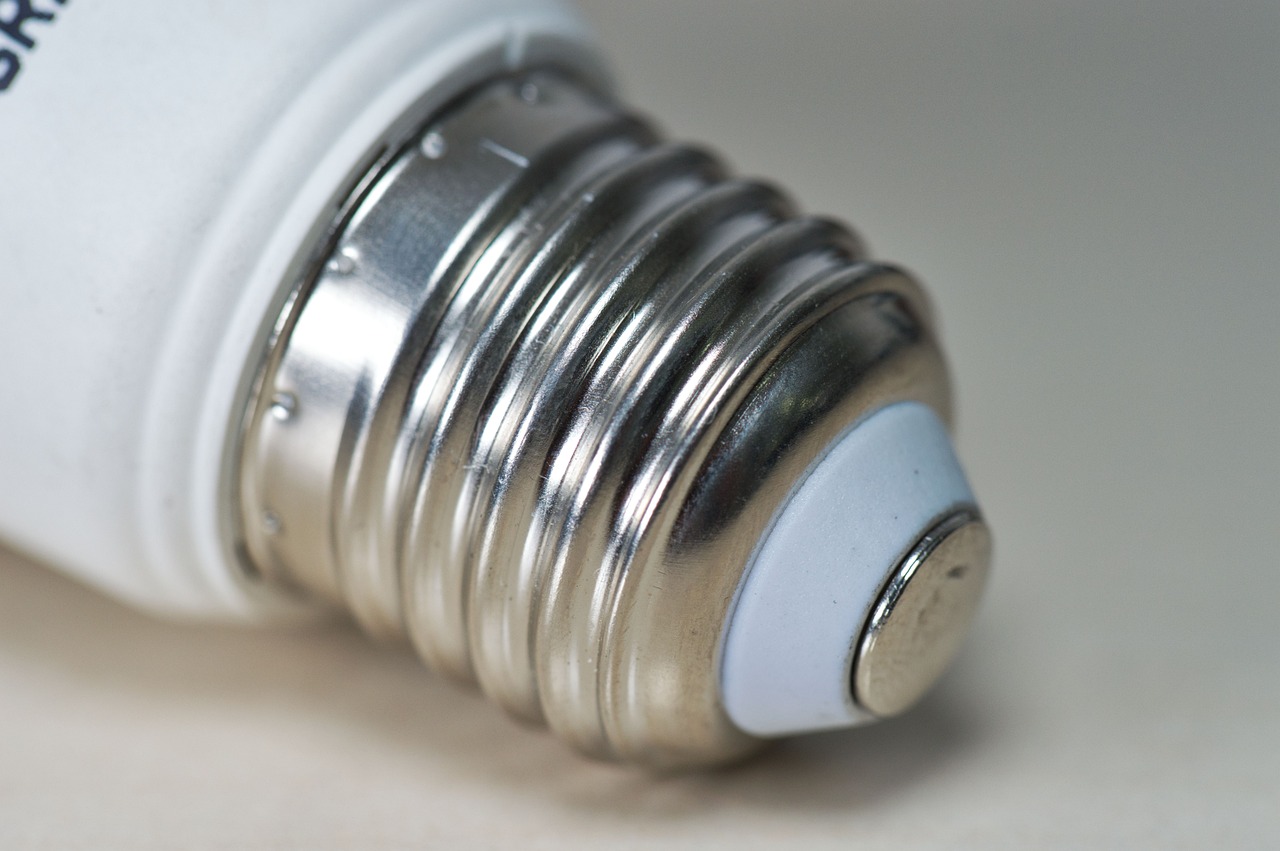
Switch to LED Lighting
When it comes to reducing energy waste at home, one of the most effective steps you can take is to . LED lights are not only energy-efficient but also have a longer lifespan compared to traditional incandescent bulbs. By making this simple switch, you can significantly lower your electricity usage and costs over time.
LED lights use less energy to produce the same amount of light as incandescent bulbs, making them a more sustainable choice for your home. Additionally, LED bulbs emit very little heat, reducing the strain on your cooling system during hot weather. This can lead to additional energy savings by reducing the need for air conditioning.
Another benefit of LED lighting is the variety of options available to suit different lighting needs in your home. Whether you need bright task lighting in the kitchen or warm ambient lighting in the living room, there are LED bulbs designed to meet your requirements. You can also find dimmable LED bulbs to create the perfect lighting ambiance while still saving energy.
When making the switch to LED lighting, it's important to consider the color temperature of the bulbs. LED bulbs come in a range of color temperatures, from cool white to warm yellow tones. Choosing the right color temperature can enhance the look and feel of your space while ensuring optimal lighting for different activities.
Furthermore, LED lights are durable and eco-friendly, making them a sustainable choice for your home. Unlike traditional bulbs, LED lights do not contain harmful substances like mercury, making them safer for the environment. With their long lifespan and energy efficiency, LED bulbs are a smart investment that can contribute to a greener future.
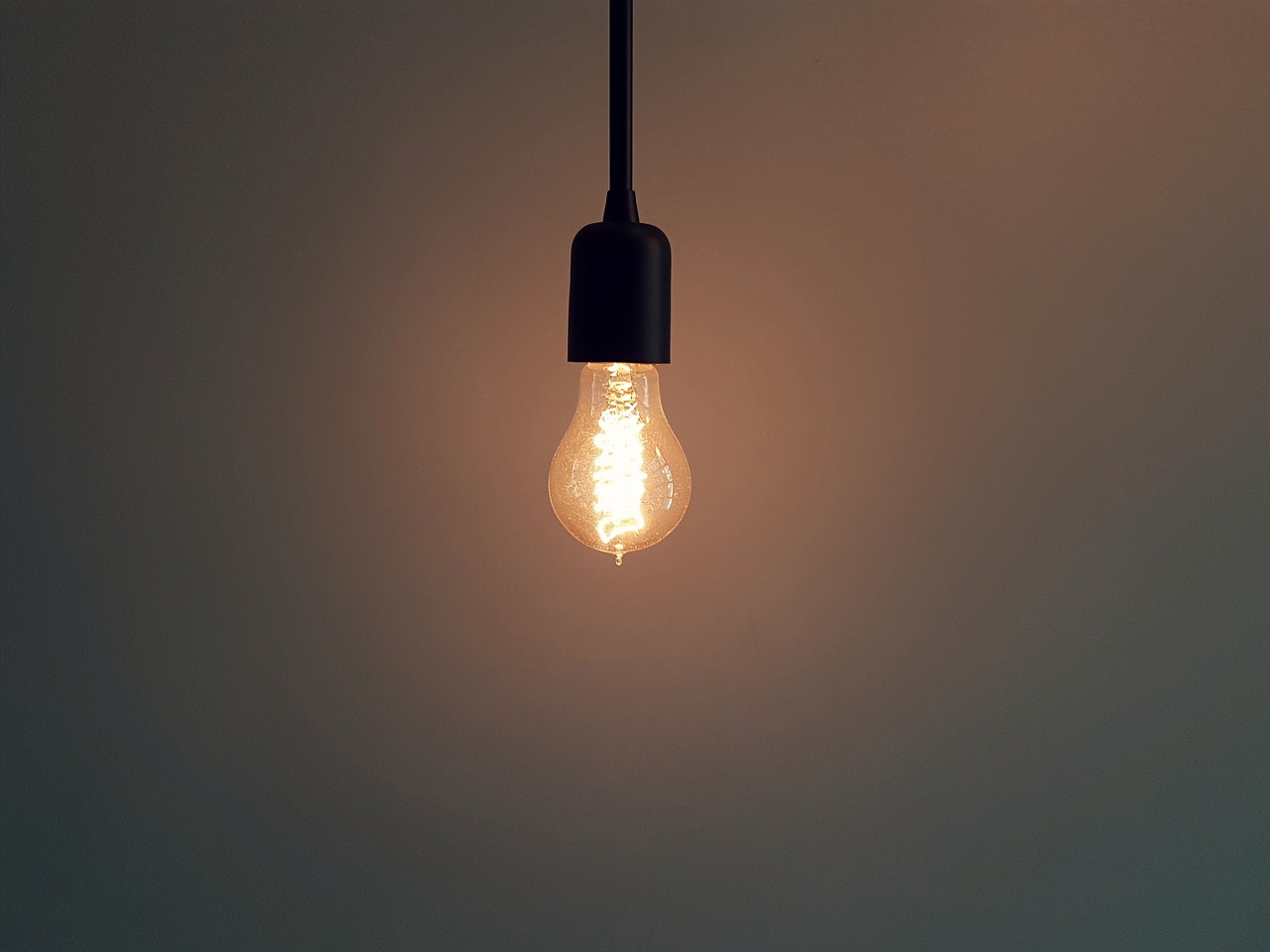
Unplug Electronics When Not in Use
Learn how to make your home more energy-efficient with these simple tips and tricks.
One often overlooked but effective way to reduce energy waste at home is by unplugging electronics when not in use. Many devices continue to draw power even when turned off, contributing to what is known as standby power consumption or vampire power. By unplugging devices such as chargers, TVs, computers, and kitchen appliances when they are not in use, you can prevent this unnecessary energy drain.

Insulate Your Home
Learn how to make your home more energy-efficient with these simple tips and tricks.
When it comes to reducing energy waste at home, proper insulation plays a crucial role in maintaining a comfortable indoor environment while cutting down on heating and cooling costs. Insulating your home effectively can help in keeping the desired temperature stable, preventing heat loss during winter and heat gain during summer. By sealing any gaps or leaks in your walls, floors, and ceilings, you can ensure that the conditioned air stays inside, reducing the workload on your heating and cooling systems.
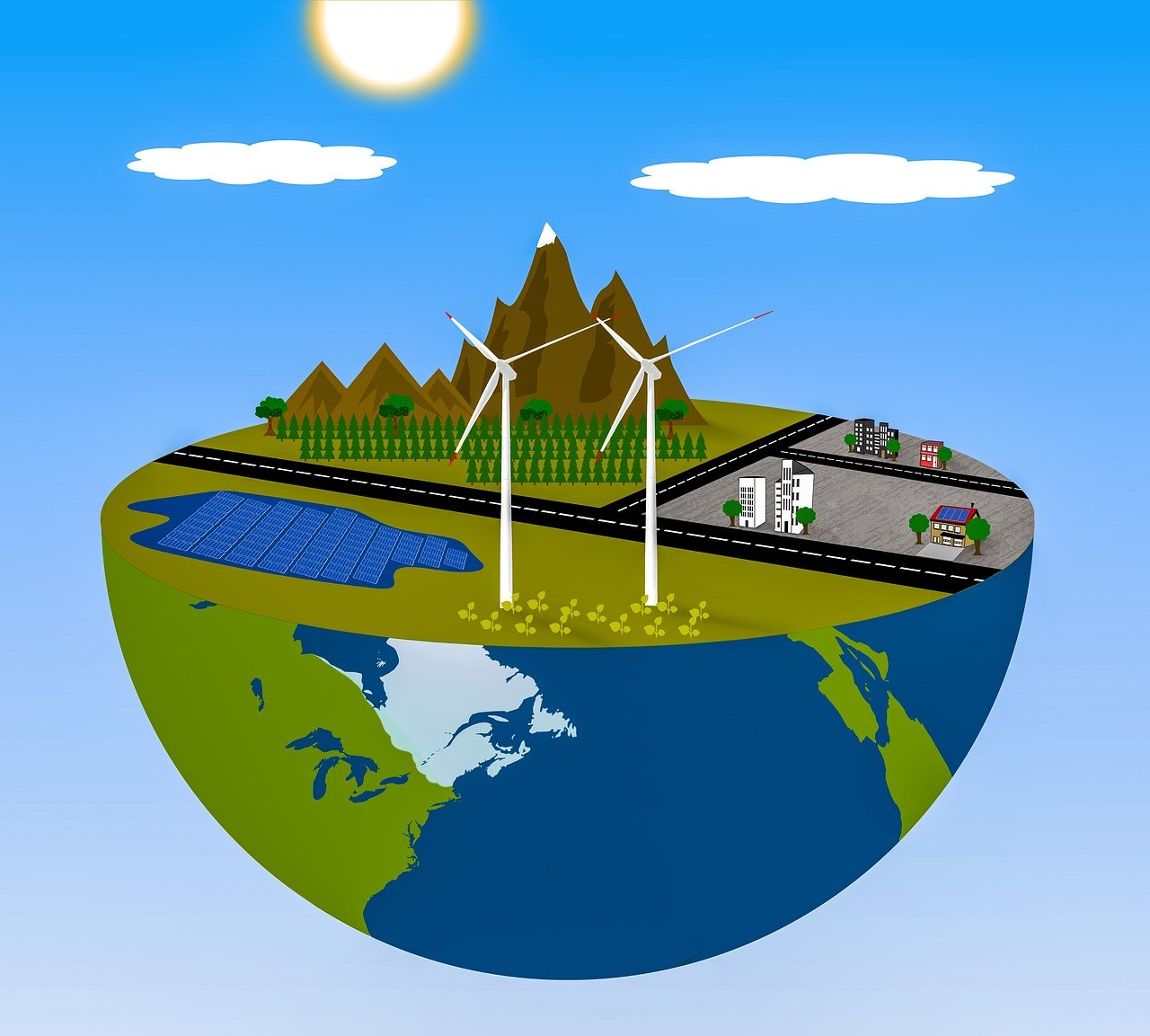
Install Solar Panels
Thinking about reducing your carbon footprint and cutting down on electricity bills? Installing solar panels could be the answer you've been looking for. By harnessing the power of the sun, you can generate clean and renewable energy right at home.
Solar panels work by converting sunlight into electricity through photovoltaic cells. These cells absorb sunlight and create an electric field, generating direct current (DC) electricity. An inverter then converts this DC electricity into alternating current (AC) electricity, which can power your home's appliances and electronics.
One of the biggest advantages of installing solar panels is the potential for significant cost savings in the long run. While the initial investment may seem daunting, solar panels can greatly reduce or even eliminate your monthly electricity bills over time. Additionally, many governments offer incentives and rebates for installing solar panels, making it a more affordable option.
Moreover, by using solar energy, you are reducing your reliance on the grid and decreasing your carbon footprint. Traditional electricity generation often relies on fossil fuels, which contribute to air pollution and climate change. By switching to solar power, you are choosing a cleaner and more sustainable energy source.
When considering installing solar panels, it's essential to assess your home's suitability for solar energy. Factors such as the amount of sunlight your roof receives, its angle, and any potential obstructions should be taken into account. Consulting with a professional solar panel installer can help determine the best placement and system size for your home.
Furthermore, maintenance of solar panels is relatively low, requiring occasional cleaning and inspections to ensure optimal performance. With proper care, solar panels can last for decades, providing you with clean energy for years to come.
In conclusion, installing solar panels is a smart investment for both your wallet and the environment. By generating your electricity from the sun, you can enjoy long-term cost savings, reduce your carbon footprint, and contribute to a more sustainable future.
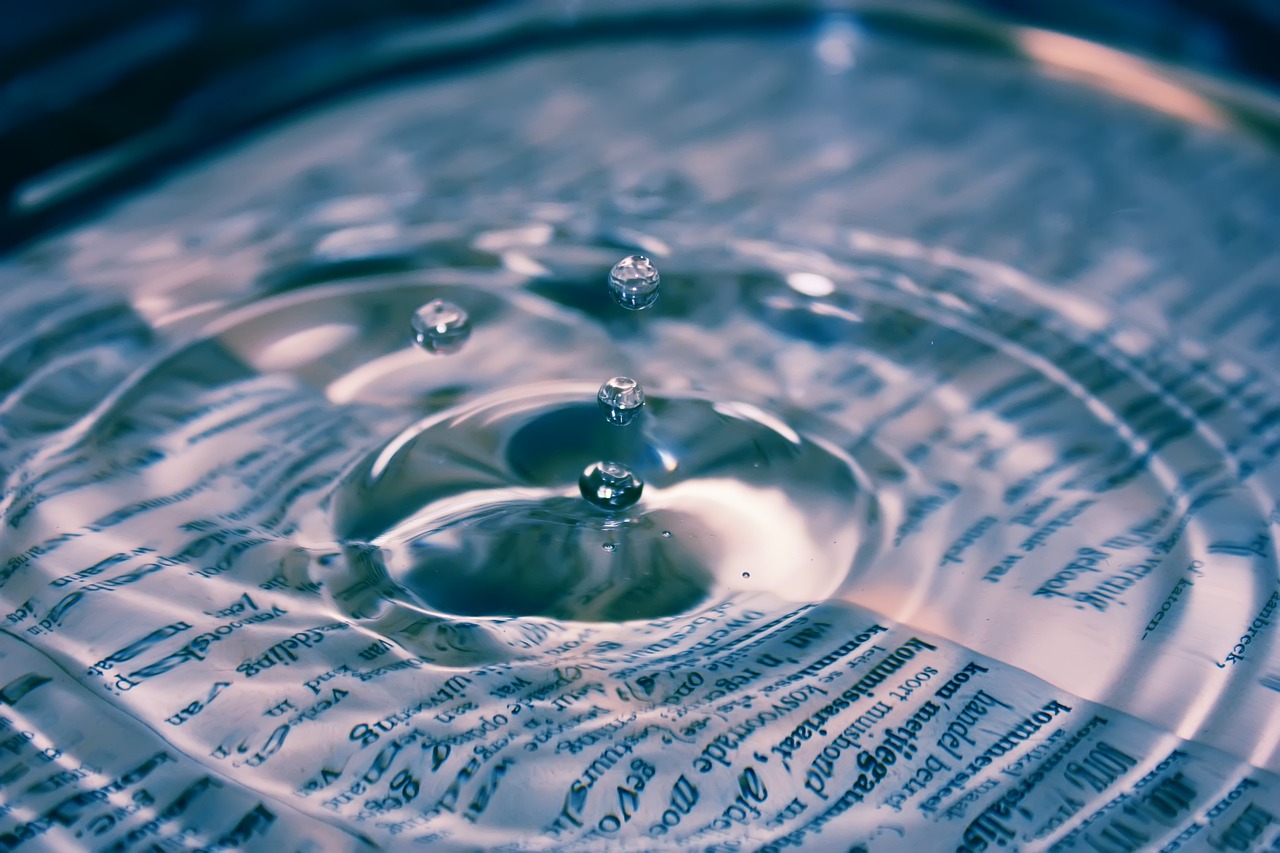
Reduce Water Heater Temperature
Reducing the temperature setting on your water heater can be a simple yet effective way to save energy and lower your utility bills. By adjusting the temperature to a moderate level, you can still enjoy hot water for your daily needs while consuming less energy. This not only helps to reduce your environmental impact but also extends the lifespan of your water heater by reducing wear and tear.
Most water heaters are set to a default temperature of 140 degrees Fahrenheit, which is often higher than necessary for most households. By lowering the temperature to around 120 degrees Fahrenheit, you can achieve significant energy savings without compromising on comfort. Additionally, a lower temperature setting can help prevent scalding accidents, especially in households with children or elderly individuals.
When considering reducing your water heater temperature, it's important to find the right balance between energy efficiency and hot water needs. You may need to experiment with different temperature settings to find the optimal balance for your household. Keep in mind that lowering the temperature too much may result in lukewarm water, while setting it too high can lead to energy waste.
Another benefit of reducing your water heater temperature is the potential to qualify for energy efficiency rebates or incentives offered by utility companies or government programs. These incentives can help offset the cost of making energy-saving upgrades to your home, including adjusting your water heater temperature.
Frequently Asked Questions
- What are the benefits of upgrading to energy-efficient appliances?
Upgrading to energy-efficient appliances can significantly reduce your electricity consumption, leading to lower energy bills over time. These appliances are designed to operate more efficiently, saving both energy and money while also being environmentally friendly.
- How can sealing air leaks help in reducing energy waste at home?
Sealing air leaks by caulking windows, doors, and other openings helps in preventing heat loss, which in turn reduces the need for excessive heating. By maintaining a consistent indoor temperature, you can lower your heating costs and improve the overall comfort of your home.
- Why is it recommended to switch to LED lighting?
LED lighting is a more energy-efficient alternative to traditional incandescent bulbs. By making the switch, you can significantly lower your electricity usage and costs. LED lights also last longer, reducing the frequency of bulb replacements and further contributing to energy savings.
- How do programmable thermostats help in saving energy?
Programmable thermostats allow you to set specific temperature schedules based on your daily routine. By automatically adjusting the temperature when you are away or asleep, these thermostats help in reducing energy waste by optimizing heating and cooling cycles according to your needs.
- What are the advantages of installing solar panels?
Installing solar panels enables you to harness renewable energy from the sun, reducing your reliance on the traditional power grid. Not only does this help in lowering your electricity bills, but it also contributes to a cleaner environment by reducing carbon emissions associated with conventional energy sources.




